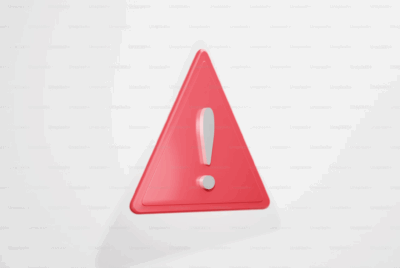Understanding EMF Radiation and Safe Levels for Humans: A Critical Look at the Dangers In today's…
EMF Worries: How Far Away Should Your Phone Be When You Sleep?

In today’s world of technology, we are often tethered to our devices. Especially our cellphones. It makes sense – our cell phones allow calls anywhere you are, notifications of weather or other emergencies, and you can even set your alarm with one. But is it safe to sleep near your phone? If not, how far away should your phone be when you sleep?
How Many Sleep With Their Phones?
You might be surprised that most people have their phones nearby, even when sleeping. According to Pew Research:
Some 44% of cell owners have slept with their phone next to their bed because they wanted to make sure they didn’t miss any calls, text messages, or other updates during the night. In addition, 67% of cell owners say that they find themselves checking their cell phone for messages, alerts, or calls — even though they didn’t notice their phone ringing or vibrating. Six in ten cell owners between the ages of 18 and 34 say that they have slept next to their phone so as not to miss any calls, texts, or other updates during the night.
Why Is This Dangerous?
The very way that cell phones communicate is how they’re potentially dangerous. They emit a form of radiation called EMF. This stands for electromagnetic radiation. The problem is that our phones emit various types of radiation, so there’s not just one issue. In fact, they emit through the GPS, the Bluetooth, the Wifi, and the cell signal itself.
How Far Away Should Your Phone Be When You Sleep?
The California Department of Public Health has guidelines for those concerned about EMF radiation from their phones.
It is actually best to have your phone in an entirely different room. Along with EMF radiation, you also experience interrupted sleep. From notifications to blue light, all of these interrupt a peaceful sleep.
While this sounds difficult, it’s not. If you need to be reached in an emergency, make sure the ringer is turned up as loud as possible. As far as an alarm, get a regular alarm clock. They’re safe and won’t keep you awake or expose your sleep to interruptions. It’s best to stop all of your phone or device activity about two hours before bedtime for the best sleep possible.



